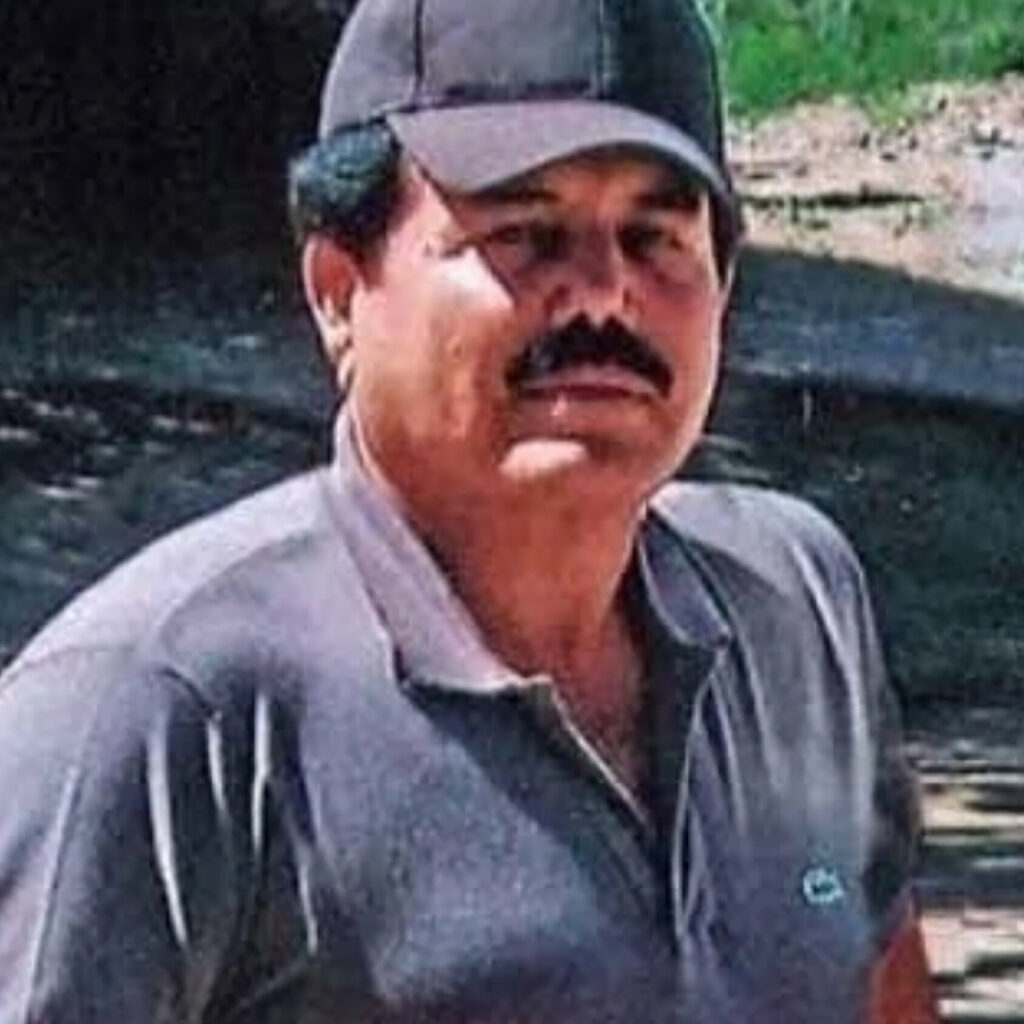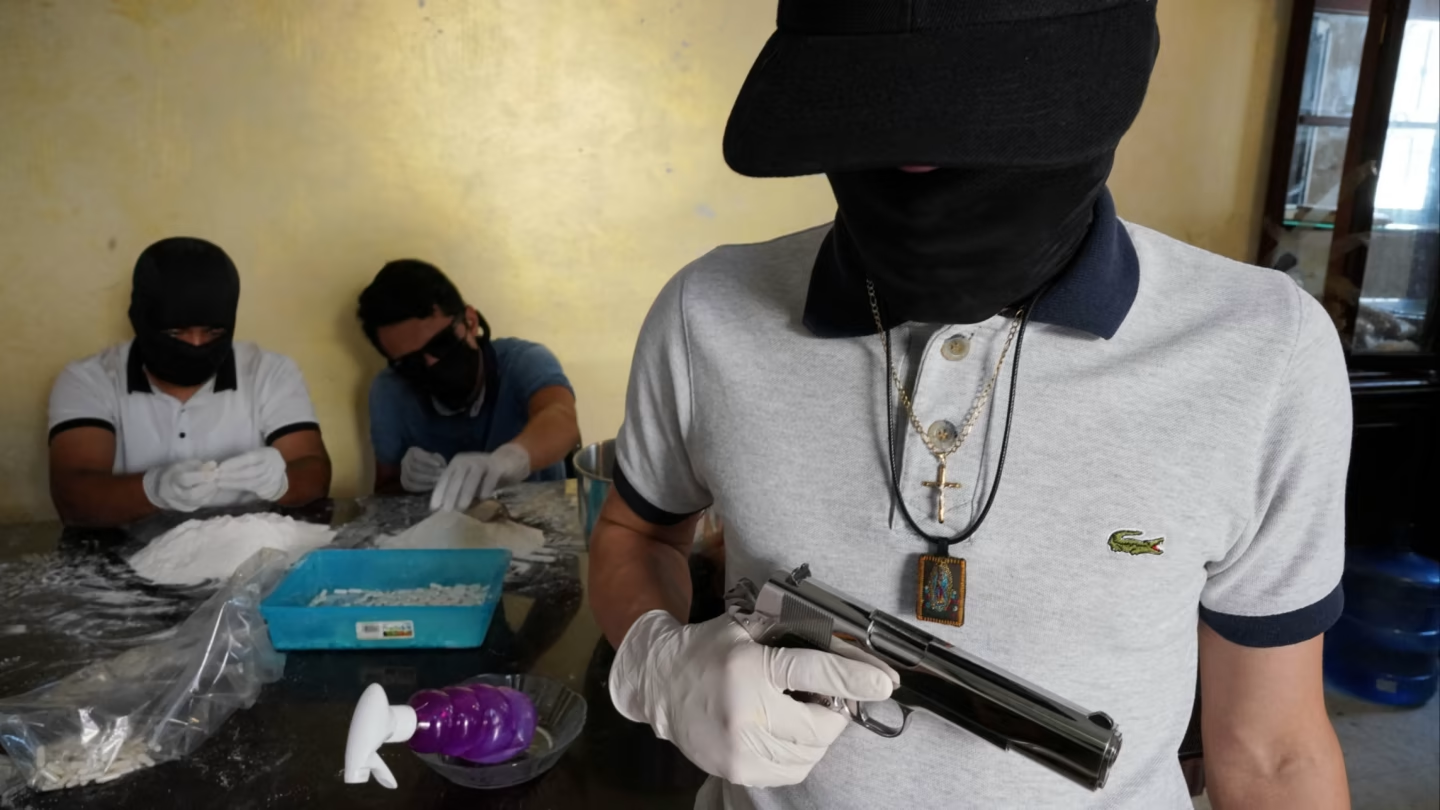El Paso, Texas – In a dramatic development, the U.S. Ambassador to Mexico confirmed that Ismael “El Mayo” Zambada, a key figure in the Sinaloa cartel, was forcibly brought to the United States against his will. Zambada, one of the most elusive and powerful drug lords in Mexico, arrived in Texas in July on a plane accompanied by fellow drug lord Joaquín Guzmán López, the son of the infamous Joaquín “El Chapo” Guzmán.

The circumstances surrounding Zambada’s arrival have sparked significant controversy and speculation. According to reports, Zambada’s attorney had initially claimed that the cartel leader was kidnapped. Although U.S. officials did not confirm this version of events, the 76-year-old Zambada’s advanced age and apparent ill health led some to speculate that he may have been coerced into surrendering.
U.S. Ambassador Ken Salazar addressed the situation during a press briefing on Friday, stating, “The evidence we saw… is that they had brought El Mayo Zambada against his will.” Salazar’s comments further fueled the narrative that Zambada was forcibly extradited rather than voluntarily turning himself in to U.S. authorities.
The ambassador elaborated that the situation was a result of escalating internal conflict within the Sinaloa cartel. “This was an operation between cartels, where one turned the other one in,” Salazar explained. He highlighted that Zambada’s faction has been locked in a fierce and violent power struggle with another faction led by the sons of Joaquín “El Chapo” Guzmán, the notorious former cartel leader who is currently serving a life sentence in a U.S. prison.
The rivalry between these factions, known as “Los Chapitos,” has reportedly been intensifying, leading to a series of violent confrontations and betrayals. The kidnapping of Zambada appears to be the latest and most significant escalation in this internecine conflict.

Frank Pérez, Zambada’s attorney, provided a detailed account of the alleged kidnapping in a statement released in July. “My client neither surrendered nor negotiated any terms with the U.S. government,” Pérez asserted. He claimed that Zambada was forcibly taken by men loyal to Joaquín Guzmán López. According to Pérez, Zambada was ambushed, thrown to the ground, handcuffed by six men dressed in military uniforms, and then transported under duress.
“Joaquín Guzmán López forcibly kidnapped my client,” Pérez detailed. “He was ambushed, thrown to the ground, and handcuffed by six men in military uniforms and Joaquín. His legs were tied, and a black bag was placed over his head.” Pérez went on to describe how Zambada, a man who had eluded capture for decades, was then thrown into the back of a pickup truck, blindfolded, and driven to a location where he was handed over to U.S. authorities.
Zambada’s forced extradition marks a significant moment in the ongoing war within the Sinaloa cartel, which has long been one of the most powerful and violent criminal organizations in the world. Zambada’s health and fate now remain uncertain as he faces federal charges in the United States.
The case has also raised questions about the extent of the U.S. government’s involvement in the operation, with some speculating about potential behind-the-scenes deals or covert operations aimed at weakening the Sinaloa cartel’s leadership.
Zambada’s arrival in the U.S. custody marks the end of an era for a man who, until now, had been one of the last remaining original leaders of the Sinaloa cartel still at large. His capture and extradition could signal significant shifts in the power dynamics of Mexico’s criminal underworld.
apnews.com



